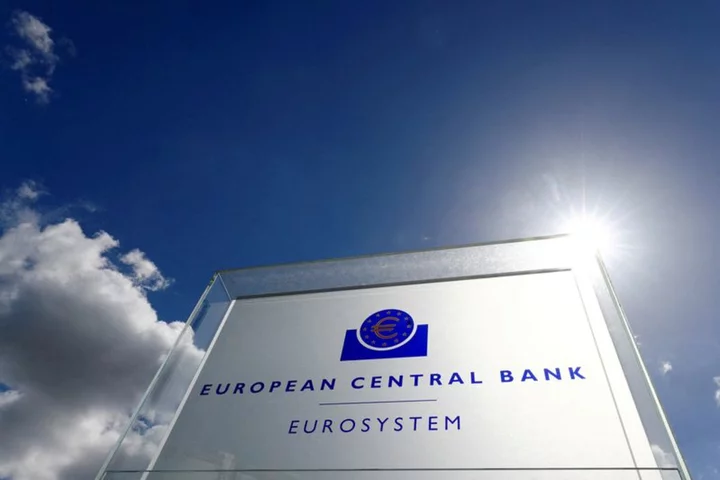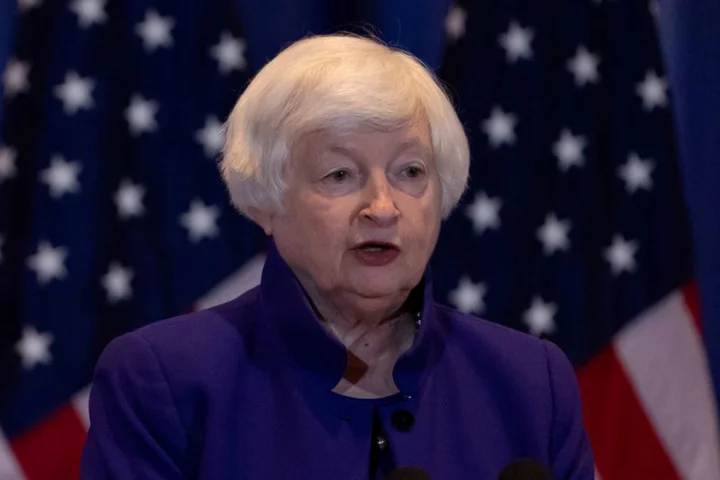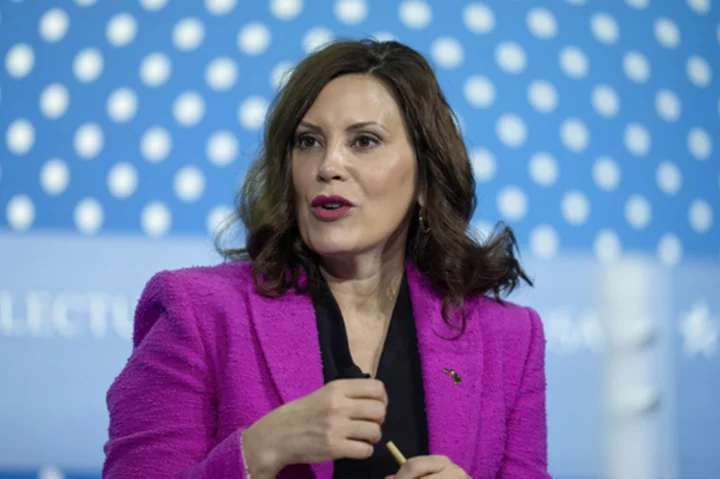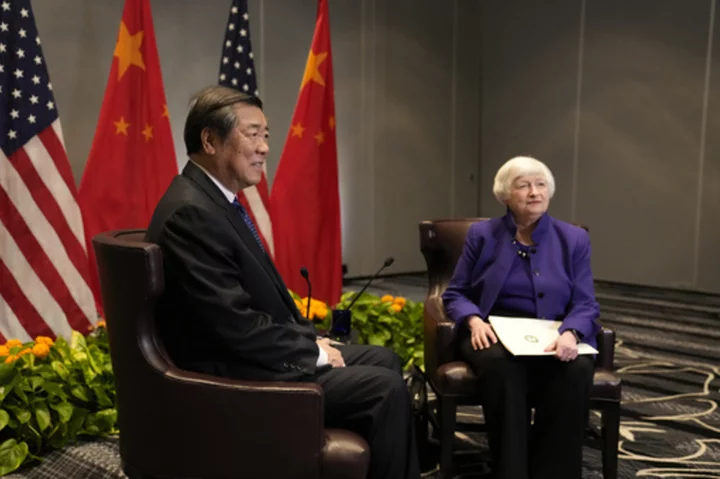By Balazs Koranyi and Francesco Canepa
FRANKFURT The European Central Bank will raise interest rates for the ninth time in a row on Thursday and keep the door open to further moves as persistent inflation and growing evidence of an economic downturn pull policymakers in opposing directions.
Fighting off a historic surge in prices, the ECB has lifted borrowing costs by 4 percentage points since last July and essentially promised another quarter-point increase this month, making Thursday's decision the easiest all year.
But the central bank for the 20 countries that use the euro is likely to ditch its practice of signalling its next move, promising a "data-dependent" approach instead. That will leave investors guessing whether another rate hike is coming in September or if July marks the end of the ECB's fastest-ever tightening spree.
One thing is clear, however: the end of rate increases is fast approaching and the debate appears to be about just one more small move before rate hikes are halted for what some policymakers think will be a long time.
The ECB's problem is that inflation is coming down too slowly and could take until 2025 to fall back to 2%, as a price surge initially driven by energy has seeped into the broader economy via large mark-ups and is fuelling the cost of services.
While overall inflation is now just half its October peak, harder-to-break underlying price growth is hovering near historic highs and may have even accelerated this month.
The labour market is also exceptionally tight, with record-low unemployment raising the risk that wages will rise quickly in the years ahead as unions use their increased bargaining power to recoup real incomes lost to inflation.
That is why many investors and analysts are looking for the ECB to pull the trigger again in September and stop only if autumn wage data delivers relief.
"Some timely indicators as the Indeed Wage Tracker, which tracks listed wages on job postings, has shown some softening during 2023, but the labour market impulse to inflation still appears way too strong on most broad wage measures," Danske Bank economist Piet Haines Christiansen said.
More tightening would be consistent with comments from a host of policymakers, including ECB board member Isabel Schnabel, that raising rates too far would still be less costly than not doing enough.
Fuelling the ECB's bias for more hikes, the U.S. Federal Reserve also raised borrowing costs on Wednesday and kept the door open to further tightening, hinting that price pressures could still prove more stubborn than some expect.
"We see little room for an easing of the hawkish bias just yet," Societe Generale's Anatoli Annenkov said. "We still see mainly upside risks to inflation and expect a final 25 basis point hike in September before the focus shifts to the balance sheet at the end of the year."
RECESSION?
But rapidly fading economic prospects should temper any hawkishness and ECB President Christine Lagarde is likely to take a cautious tone after a string of data in recent days suggested that higher rates are already weighing on growth.
Indicators of business, investor and consumer sentiment and bank lending surveys point to a continued deterioration after the euro zone skirted a recession last winter.
And with manufacturing in a deep recession and a previously resilient services sector showing signs of softening despite what is likely to be a superb summer holiday season, it is hard to see where any rebound would come from.
Such weakness, exacerbated by a loss of purchasing power after inflation eroded real incomes, could push down price pressures faster than some expect, leaving less work for the central bank.
"A pause after July would likely require further falls in realised core inflation, downward revisions in staff inflation forecasts and more signs of monetary policy transmission in the real economy," Nordea's Jan von Gerich said, adding that his baseline is for July to be the ECB's last move.
(Editing by Catherine Evans)









